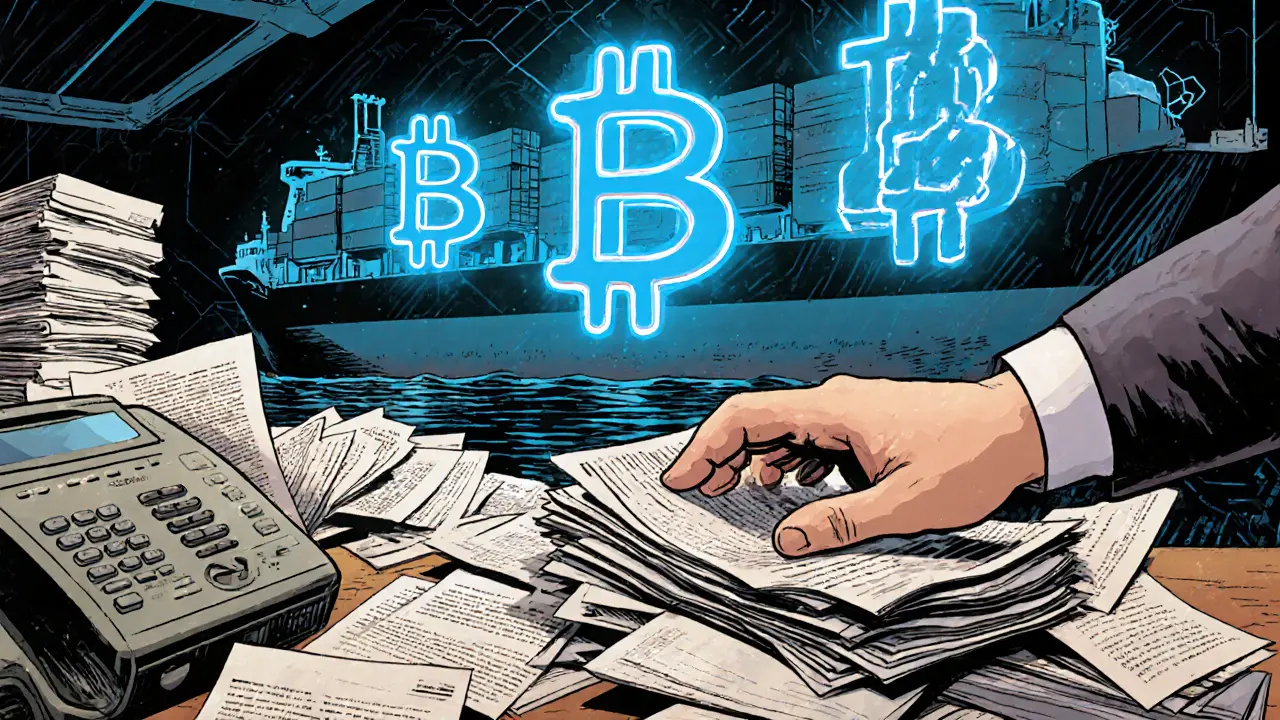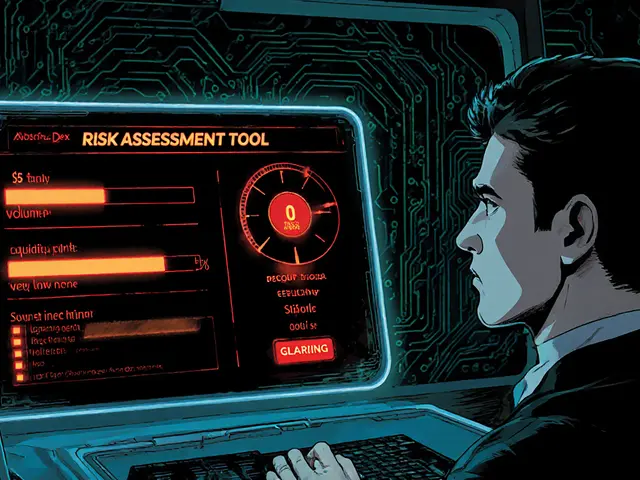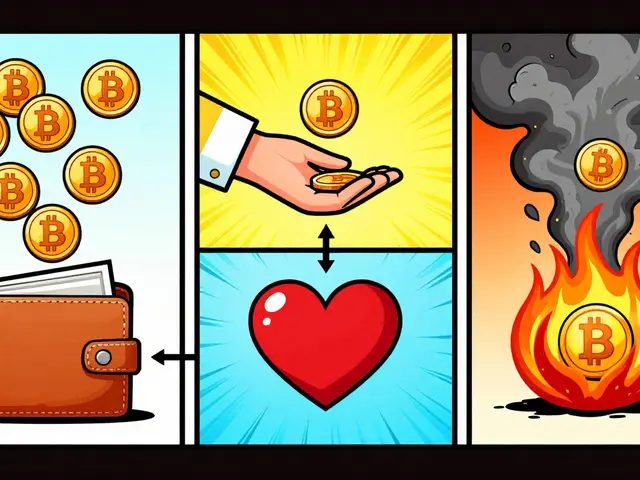Digital Ledger: How Blockchain Records Truth in Crypto and Finance
When you hear digital ledger, a tamper-proof, shared record of transactions that doesn’t rely on a central authority. Also known as blockchain ledger, it’s the reason you can send Bitcoin to someone halfway across the world without a bank approving it. This isn’t some futuristic idea—it’s what powers every crypto transaction, every DeFi swap, and every airdrop you’ve ever claimed. Unlike old-school ledgers kept by banks or accountants, a digital ledger copies itself across hundreds or thousands of computers. If someone tries to cheat—say, double-spend a coin—the network spots it instantly and rejects the fake entry. No middleman needed.
What makes this powerful isn’t just the tech—it’s what it enables. A blockchain, a chain of encrypted blocks holding digital ledger entries in sequence turns money into programmable code. That’s why you see projects like ETHPAD and Genshiro handing out free tokens: they’re using smart contracts to auto-distribute rewards based on rules written into the ledger. And when countries like Argentina or Nigeria turn to crypto because their local currency is collapsing, they’re not just betting on price—they’re betting on a digital ledger that can’t be shut down by a government.
It’s also why regulation is catching up. The UK’s FCA doesn’t trust crypto ads because they know a digital ledger can hide identities, but also track every coin ever moved. That’s why blockchain analytics tools are now part of AML compliance—firms use them to trace suspicious flows across ledgers. Even Russia and Iran use crypto mining and stablecoins not to escape the internet, but to bypass financial systems built on outdated ledgers. And when you stake rewards or claim an airdrop, you’re interacting with a digital ledger that’s logging your actions, calculating payouts, and locking them in permanently.
You don’t need to be a coder to get it. Think of it like a public Google Doc that everyone can see but no one can delete or alter after it’s saved. Every post here—from Verge’s privacy features to CremePie Swap’s risks—runs on this same foundation. Some use it for anonymity, others for speed, others just to avoid banks. But they all rely on the same thing: a digital ledger that doesn’t lie, doesn’t forget, and doesn’t need permission to work.
Below, you’ll find real stories from people using this tech to survive inflation, dodge sanctions, claim free tokens, or just trade without a broker. No theory. No fluff. Just how it plays out in the wild.







